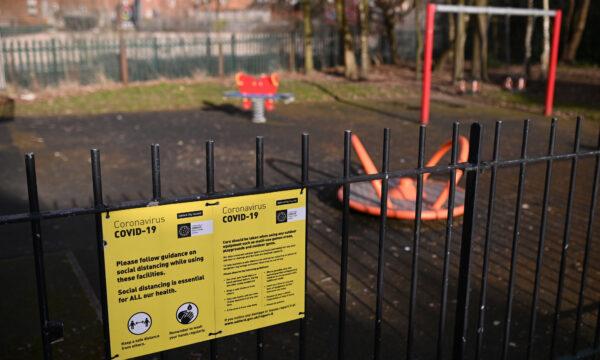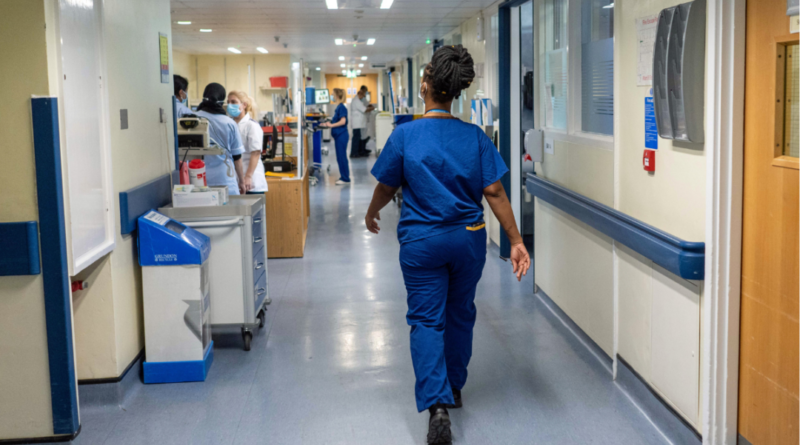Health Leaders Report Surge in Post-Pandemic NHS Demand for Children and Young People
The survey by NHS Providers revealed that 97 percent of trusts indicated an increase in demand for children’s and young people’s services since the COVID-19 pandemic.
According to a survey by NHS Providers, more than four in five NHS trusts are finding it challenging to keep up with the growing demand and complexity of needs among children and young people.
Healthcare providers also noted that waiting times for many services have risen, with 86 percent of trusts reporting longer waiting times to access an initial assessment compared to pre-pandemic levels.
For instance, one trust mentioned that waits for children’s autism assessments had increased from 14 months before the pandemic to 38 months currently.
Another acute trust highlighted that children’s spinal surgery, which previously had waiting times under 52 weeks in 2019, now had wait times of up to 104 weeks.
Furthermore, a combined acute and community trust observed a 300 percent increase in children and young people waiting for neurodevelopment assessments—such as for ADHD and autism—between September 2019 and September 2024.
Impact on Mental Health
A number of agencies have observed the worsening of children’s mental health since the pandemic.
The report by NHS Providers highlighted various factors influencing children and young people seeking mental health services, including the long-term effects of the pandemic such as the impact of lockdowns on health, education, and access to public services.
However, apart from these issues, the report also mentioned the cost of living crisis and broader societal changes like smartphone usage and social media access.
The report emphasized the growing number of children and young people with eating disorders presenting at emergency departments and being admitted to adult hospital beds, indicating a need for more appropriate care settings for these individuals.
‘Forgotten Generation’
The public health system’s recovery continues to be a concern four years after the initial lockdown. Following NHS England’s release of wait time data last week, the Nuffield Trust pointed out that reducing wait times to pre-pandemic levels has stalled, and long waits remain prevalent.
The report by NHS Providers noted that evidence suggests children’s and young people’s services are making a slower recovery post-COVID-19 compared to adult services, impacting waiting lists and the availability of services.

In response to these findings, Chief Executive of NHS Providers Sir Julian Hartley expressed concern, stating, “We’re in danger of seeing a forgotten generation of young people. Too many young lives are being affected by delays in accessing essential NHS care.”
Sir Julian emphasized that prolonged waits for services have significant consequences, impacting children’s education and social development.
“Children and young people’s services have not received adequate attention for too long. They need to have a voice in shaping national policies that affect them and the services they utilize,” added Sir Julian.
A spokesperson from the Department of Health and Social Care remarked to The Epoch Times, “It is unacceptable that many children and young people are not receiving the care they deserve, and we acknowledge that service delays are unacceptably long. We are committed to changing this.”
The spokesperson also highlighted the government’s commitment to enhancing mental health support in schools and establishing community walk-in mental health hubs.






